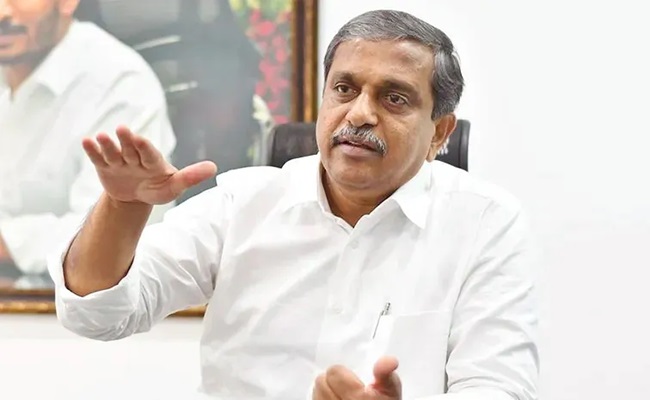a move that has stirred up political tensions in Andhra Pradesh, the Telugu Desam Party-led coalition government headed by Chief Minister N. Chandrababu Naidu has taken back lands allegedly encroached upon by senior YSR Congress Party leader Sajjala Ramakrishna Reddy in YSR Kadapa district.
The decision comes after months of back-and-forth between the two rival political parties, with the TDP government accusing Sajjala Ramakrishna Reddy of illegally occupying government lands. The YSRCP leader, however, has denied the allegations, claiming that the lands rightfully belong to him.
According to reports, the lands in question were originally allocated for the development of a housing project in the region. However, the TDP government has now taken control of the lands, citing evidence of encroachment by the YSRCP leader.
The move is seen as a significant victory for the Naidu government, which has been under pressure to address the issue of land encroachment and illegal occupation in the state. The TDP has long accused the YSRCP of being involved in such activities, and the latest action against Sajjala Ramakrishna Reddy is likely to further intensify the political rivalry between the two parties.
Responding to the development, Sajjala Ramakrishna Reddy has expressed his disappointment, claiming that the lands rightfully belong to him and his family. He has vowed to challenge the government’s decision in court, setting the stage for a potentially protracted legal battle.
The incident has also reignited the broader debate surrounding land ownership and the role of the government in addressing such issues. Critics of the TDP government have accused it of using its power to target political opponents, while the ruling party has maintained that it is simply upholding the rule of law and ensuring the proper use of government resources.
As the political fallout continues, the people of Andhra Pradesh will be closely watching the unfolding events, hoping that the dispute can be resolved in a manner that upholds justice and promotes the greater good of the state.



